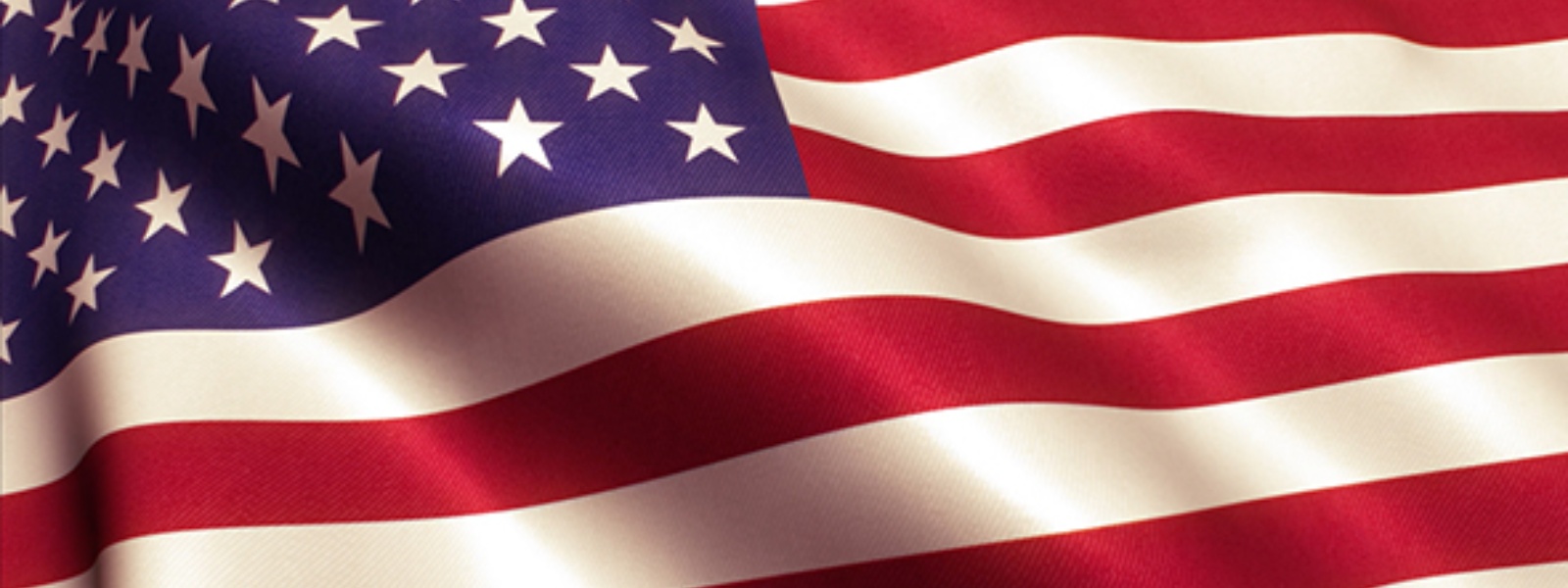.webp)

What would the ancient Romans say about U.S. tariffs on their cheese?
Reuters - Italy's hard and salty Pecorino Romano cheese was written about by the Latin author Pliny the Elder some 2,000 years ago as he described the daily ration of 27 grams (0.95 ounces) that were carried by Roman legionaries as they marched to war.
Fast forward thousands of years and the cheese is under attack from an unlikely foe, the possibility that U.S. tariffs will be imposed on it on Friday (October 18).
The World Trade Organization (WTO) formally authorized the United States on Monday (October 14) to impose tariffs on up to $7.5 billion of imports of EU goods after an arbitrator's decision over subsidies to planemaker Airbus.
For the Deroma family who runs their Pecorino enterprise in Fiano Romano and Orte outside Rome under their family name, the tariffs could have a devastating effect, drastically cutting their export market.
Pino Deroma, one of the three family members who run the business said it could be the 'coup de grace' (death blow) not only to their company but to their way of life.
Pecorino cheese is exclusively made from sheeps' milk and at 0530 every morning at the Deroma farm, the shepherd comes to feed the sheep before they are milked and then let out to pasture until late afternoon.
"I really love this life because it is a free life, where you have direct contact with animals and nature and where you can still live with freedom," explained Pino Deroma. "I still breathe that life," he said.
After the milk is collected a starter bacteria and rennet are added and the mixture is allowed to coagulate. The mixture formed is then broken into little pieces, the curd is removed and cut into pieces and put into molds. Once formed the Pecorino wheels are hand salted and transferred to a factory for seasoning which takes between five to eight months.
The survival of the Pecorino cheese sector is reliant on a healthy export market. According to figures from the Association for the Protection of Pecorino Romano cheese, 70 percent of the cheese produced in Italy goes into world markets, with 52 percent of that going to the North American market.
Slapping on tariffs would encourage fewer sales, endangering jobs and according to association President Salvatore Palitta "have a devastating impact on the future of this product."
For now, producers are keeping a close eye on Friday hoping something will happen to stop the tariffs being put in to place. They are also urging the European Union to take extraordinary measures to make sure the tariffs do not have a traumatic impact on the industry.
Other Articles
Featured News





.png )








-775770_550x300.jpg)
-775764_550x300.jpg)


















.gif)